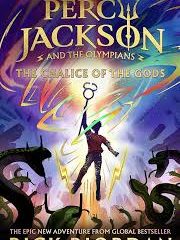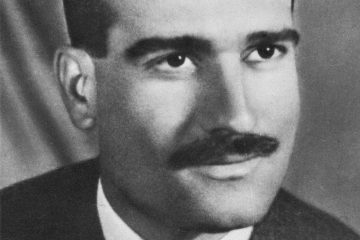The Day of the Jackal: An Enduring Tale of Intrigue

Introduction
‘The Day of the Jackal’ is a gripping political thriller written by Frederick Forsyth, published in 1971. The novel is not just a story of assassination; it reflects broader themes of political intrigue, nationalism, and the complexities of human nature. With its finely woven narrative and meticulous attention to detail, the book has captivated readers across generations. As events in today’s geopolitics echo elements from Forsyth’s tale, it remains highly relevant, highlighting the timeless appeal of well-crafted thrillers.
Synopsis of the Novel
The narrative revolves around a professional assassin, known only as the Jackal, hired to eliminate French President Charles de Gaulle. The story is set in the context of the 1960s, a period marked by political upheaval and nationalistic tensions in France due to de Gaulle’s policies regarding Algeria. Forsyth’s sharp prose paints a vividly realistic picture of the assassin’s careful planning and the urgent pursuit by French police trying to stop him. The novel is notable for its detailed descriptions of the methods of the Jackal and the systematic investigation tactics employed by law enforcement.
Impact on Literature and Cinema
‘The Day of the Jackal’ has transcended its medium, spawning a successful film adaptation in 1973 directed by Fred Zinnemann, which further solidified its status as a classic thriller. The film maintained the novel’s suspenseful atmosphere, demonstrating the captivating power of Forsyth’s storytelling. The intricate plot has inspired countless authors and filmmakers, embedding the narrative structure of political thrillers into modern storytelling.
Current Relevance
In recent times, the themes explored in ‘The Day of the Jackal’ have found fresh resonance with the ongoing political challenges worldwide. Issues of extremism, statecraft, and the lengths to which individuals and organizations will go to pursue their aims evoke reflections on the concepts laid out in the book. Additionally, political assassinations continue to make headlines, reminding readers of the delicate balance between power and rebellion that Forsyth illustrated so artfully.
Conclusion
‘The Day of the Jackal’ remains a critical text for understanding the dynamics of power and conflict in a contemporary context. With its compelling storyline and characteristic attention to detail, the novel does not merely serve as entertainment but also invites readers to reflect on the moral ambiguities and ramifications of political actions. As we navigate a world fraught with similar intrigues and conflicts, the lessons from Forsyth’s narrative continue to serve as a relevant and thought-provoking commentary on today’s global landscape.









